Shot in ascetic black and white, with the only presence of its protagonist at the piano, the director Neo Sora and Ryūichi Sakamoto immerse us in the performance of twenty of his works in a concert that is as intimate as it is emotional. The music is the absolute protagonist in a performance in which the public is placed on the other side of the screen. Sakamoto plays for us, sitting in our seats in the cinema, as we surrender to a guided, minimalist reverie. Even with our eyes closed, we can “see”, Ryūichi Sakamoto: Opus is a unique, magical film.
Ryūichi Sakamoto died in March 2023, at the age of 71, a victim of colon cancer, after previously overcoming laryngeal cancer. After his first illness, he thought his career was over, but he still released a new album. It was after his second cancer that his professional activity suffered, and he stopped touring for good. Ryūichi Sakamoto: Coda, the documentary that premiered in 2017 in Venice, focused on his creative process, so Opus can be considered a final testament, a farewell in which the composer of The Sheltering Sky (Bernardo Bertolucci, 1990) leaves the building with a gesture of love as moving as it is beautiful.
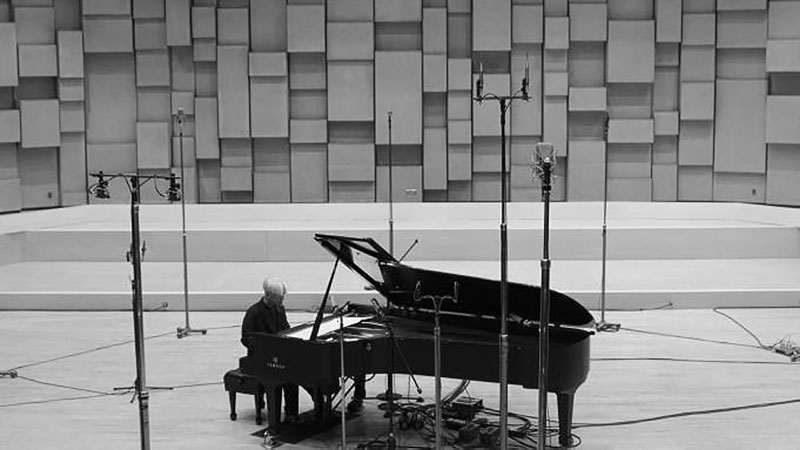
The artist speaks through his music and his son acts as an invisible facilitator. The twenty pieces that make up the concert were selected by the author, who decided the order in which they would appear in the film. The recording was filmed in 4K at the end of 2022, in the NHK Broadcasting Center 509 Studio in Tokyo, which Sakamoto considered the best acoustics in Japan. The virtuosity as well as the residual sound of the notes that remain suspended in the air constructs a building that multiplies and blurs, in an enveloping effect that fuses image and sound.
The compositions span 50 years, from his work with the Yellow Magic Orchestra in the 1970s, through soundtracks such as The Last Emperor (Bernardo Bertolucci, 1987), Wuthering Heights (Peter Kosminsky, 1992), and Merry Christmas Mr. Lawrence (Nagisa Ôshima, 1983), to his latest album 12 and his more experimental collaboration with the German Alva Noto.
The film draws us like a magnet to the self-absorbed figure absorbed in his music and performance, in his demand —at some point, he asks to start a piece again or requests a break— the black and white photography extends the range of the Yamaha piano keyboard to Sakamoto’s distinctive hair, to his shell-rimmed glasses, to the texture of his skin and the powerful delicacy of his fingers.
In Ryūichi Sakamoto: Opus, Neo Sora avoids inserts, voice-overs, and any other usual narrative resource, to entrust everything to the music, and it is not a trivial challenge in its austerity, in its stylistic and not only formal commitment, because through it we see the artist. The music is the musician and speaks for him, we let ourselves be rocked by his work and are mentally grateful for each note and dose of happiness that his talent has given us. Thus, after listening to the last piece, Sora leaves us with a final image that somehow breaks the emotional sobriety of what we contemplate. Sakamoto’s piano plays alone, the keys descend as if moved telepathically from that other place where perhaps music is the only language, and we suddenly feel a painful absence, a brutal cut, with the only consolation of returning again and again to his legacy.
The documentary Ryūichi Sakamoto: Opus premiered out of competition at the 80th Venice Film Festival in the presence of the film’s director, Neo Sora, son of the pianist and composer.

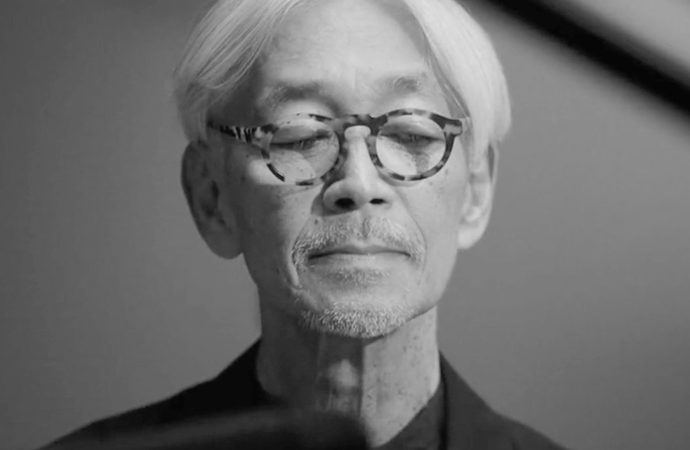

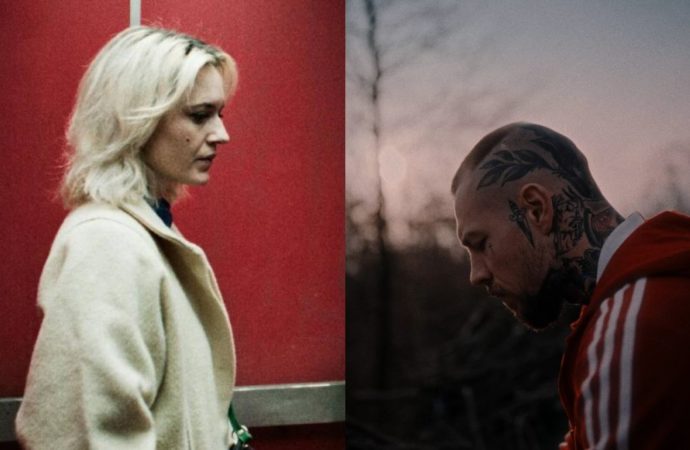
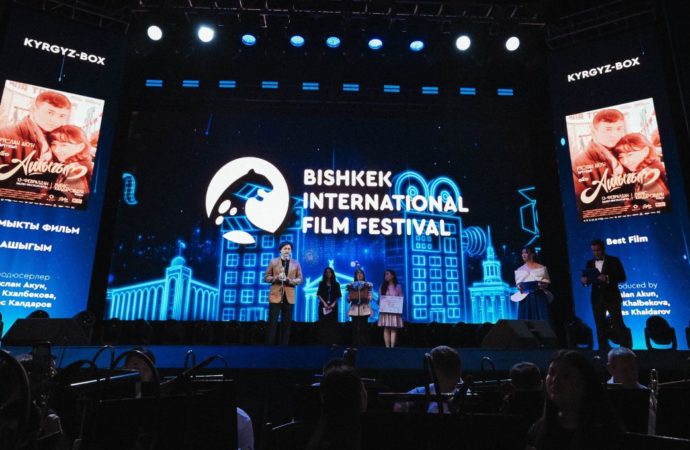
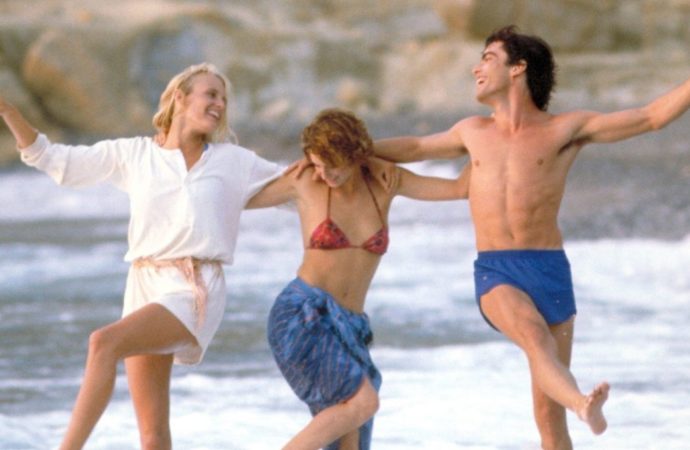
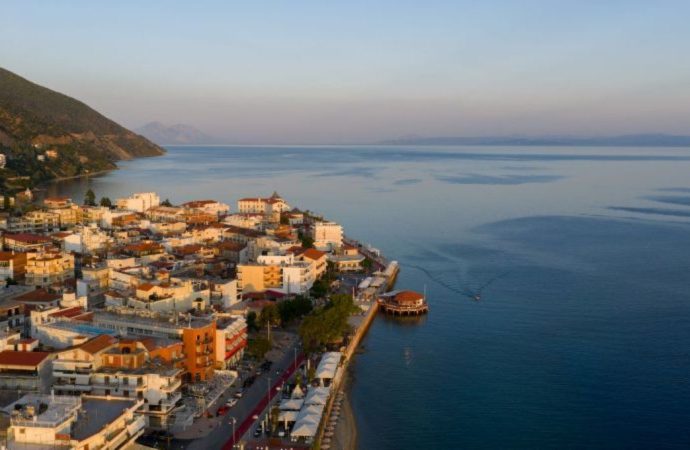
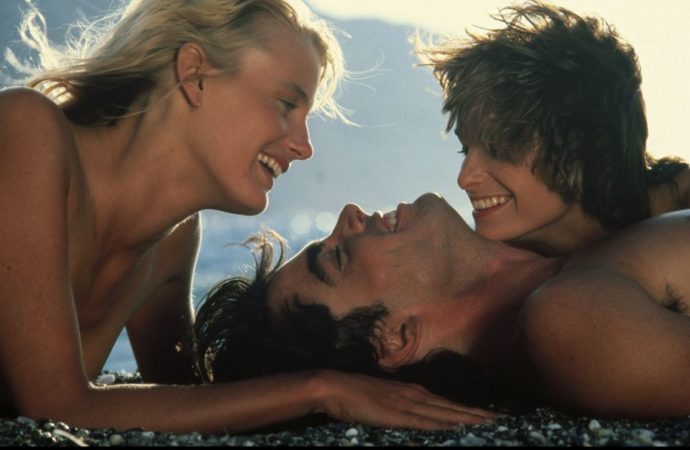

No one has posted any comments yet. Be the first person!